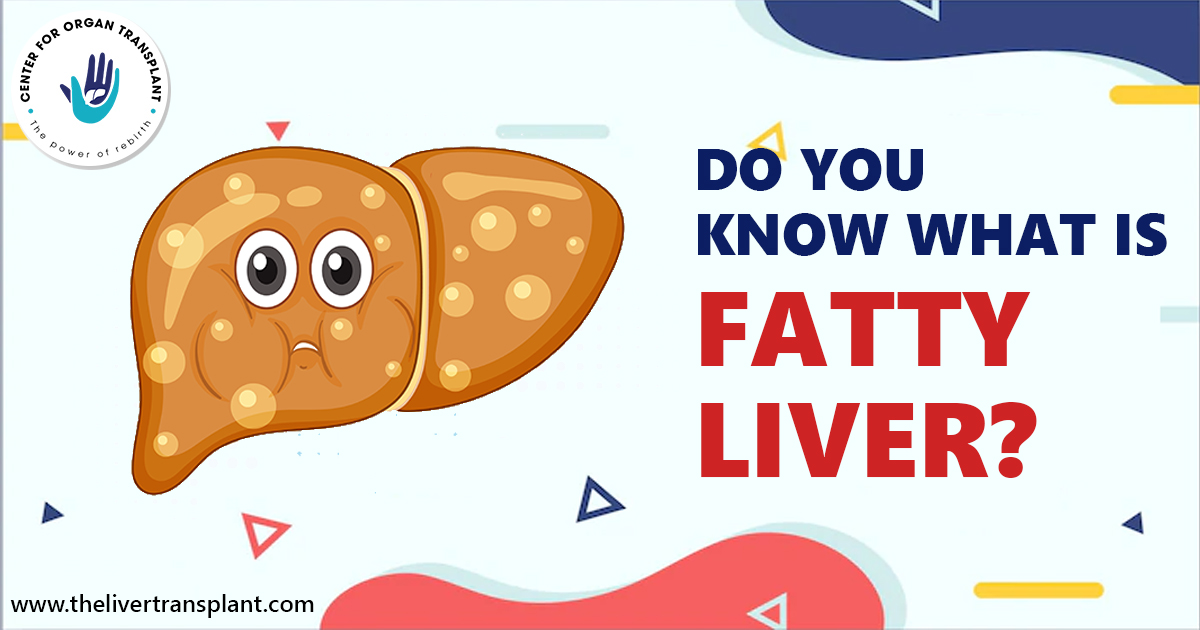Pravin Patole (Transplant Year: 2021)
Treatment : Liver Transplant
Saket Khadakkar (Transplant Year: 2021)
Treatment : Liver Transplant
Pravin Patole (Transplant Year: 2021)
Treatment : Liver Transplant
Saket Khadakkar (Transplant Year: 2021)
Treatment : Liver Transplant
Pravin Patole (Transplant Year: 2021)
Treatment : Liver Transplant
Saket Khadakkar (Transplant Year: 2021)
Treatment : Liver Transplant
Error: Contact form not found.
The condition of extra fat accumulation in the liver known as non-alcoholic fatty liver disease (NAFLD) is on the rise. When examining abnormal liver blood tests, an imaging test may potentially reveal a fatty liver. NAFLD and diseases like diabetes and obesity are closely connected. Additionally, it raises the risk of cardiovascular disease.

Faces of fatty liver disease –
Fatty liver disease is described by a variety of medical names, which might be perplexing. A fatty liver that is unrelated to alcohol usage is referred to as having NAFLD, the main medical umbrella term. NAFLD is further split into two categories:
Why types of fatty liver disease matters –
It’s crucial to distinguish between NASH and a simple fatty liver. Why? Because those with NASH experience inflammation and damage to their liver cells, whereas those with simple fatty liver don’t typically experience liver-related illness. This raises the possibility of developing more severe illnesses such liver cancer, cirrhosis, or fibrosis (liver scarring). Within the next 12 months, NASH cirrhosis is anticipated to be the leading cause of liver transplantation. Fortunately, most NAFLD sufferers have a basic fatty liver rather than NASH.
Keeping your liver healthy
If you have fatty liver disease, it’s critical to maintain your liver’s health and stay away from anything that could harm it. Here are some crucial actions that you need to take.
The good news is that lifestyle adjustments rather than drugs have proven to be the most successful approach to treating fatty liver disease thus far. The bad news is that these are frequently challenging for many people to attain and maintain. We know the following helps:
Give it your all, even if changing your way of life and losing weight can be challenging, because the benefits are enormous if you have fatty liver. And keep in mind that cardiovascular disease is still the biggest risk factor for persons with fatty livers. Some of these lifestyle modifications can not only reduce or eliminate fatty liver, but they will also support heart health.
Recent Comments